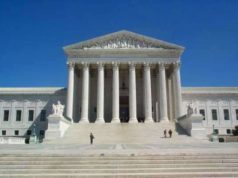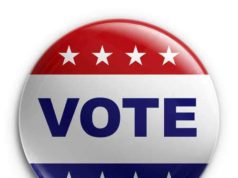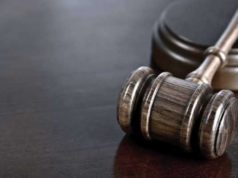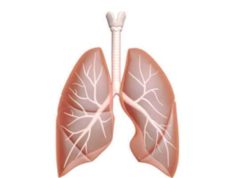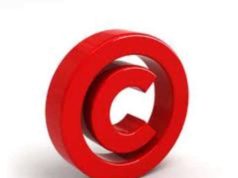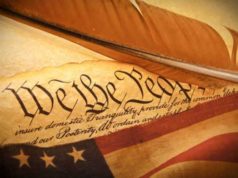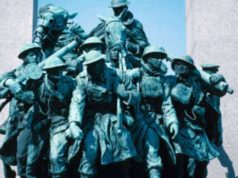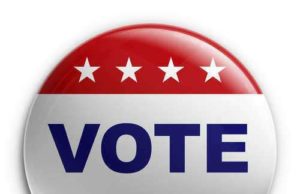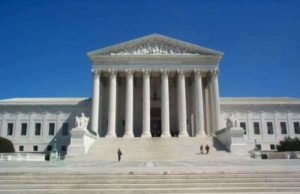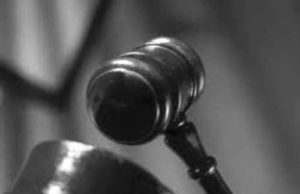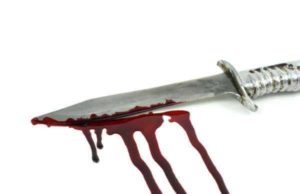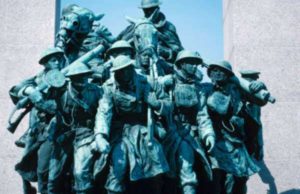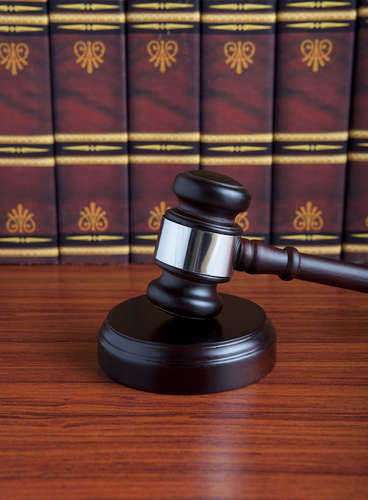
Campbell v. Acuff-Rose Music Inc.
Supreme Court cases can involve parties from across the range of careers and socioeconomic backgrounds in America. In Campbell v. Acuff-Rose Music Inc., the petitioner to the Supreme Court was a rap group called 2 Live Crew, famous for hits like “Me So Horny.” While the music may not have been particularly serious, the case was: it would be the first Supreme Court case that pertained explicitly to parody as fair use in music.
Copyright and Parody
Copyright is often a balancing act. When implementing copyright laws, Congress attempts to make sure that artists have the ability to benefit economically from their works without having that economic benefit unfairly taken by another party. However, a number of fair use exceptions exist in order to allow new works to be created and to allow limited use of existing copyrighted works by people other than the author.
One example of potential fair use is parody, in which one work is designed to make fun of another work, generally by imitating the original. Campbell v. Acuff-Rose Music Inc. is a case about parody music, and how much a parody can borrow from the work it is imitating. Before the case was decided in 1994, there was no clear rule about whether commercial parody was allowed as fair use under United States copyright law.
Roy Orbison and 2 Live Crew
In the 1960s, Roy Orbison had a lasting hit with his single “Oh, Pretty Woman.” This song was later parodied by 2 Live Crew, whose version, “Pretty Woman,” was about a woman who was anything but actually pretty. While 2 Live Crew sampled the famous bass line that created the hook for “Oh, Pretty Woman,” they altered the song's lyrics after the first line.
Acuff-Rose, Orbison's music distribution company, denied 2 Live Crew a parody license, but 2 Live Crew ignored the lack of license and moved on with writing and publishing the parody song. They were subsequently sued, and the district court ruled that 2 Live Crew's song could be considered fair use. However, the appeals court reversed this decision, and said that due to the commercial nature of the parody work it did not constitute fair use.
Supreme Court Ruling
The 1994 Supreme Court ruling in Campbell v. Acuff-Rose Music Inc. was unanimously in favor of 2 Live Crew. This decision was made because the Court used several tests to determine whether the use was fair. One of the most decisive of these tests was looking at whether or not the parody version would actually diminish the profits of Acuff-Rose for the original “Oh, Pretty Woman” song. According to the justices, the purpose of the parody was significantly different and wouldn't interfere with the market for the original.
The Court ruled that parody was not always fair use, and that it was certainly possible for a parody to use so much of an original song or take away from its success so much that it could be considered a copyright violation rather than fair use. However, in the case of Campbell v. Acuff-Rose Music Inc., they ruled that even when a parody song uses the “heart” of a song, it can still be fair use and was in this case.

